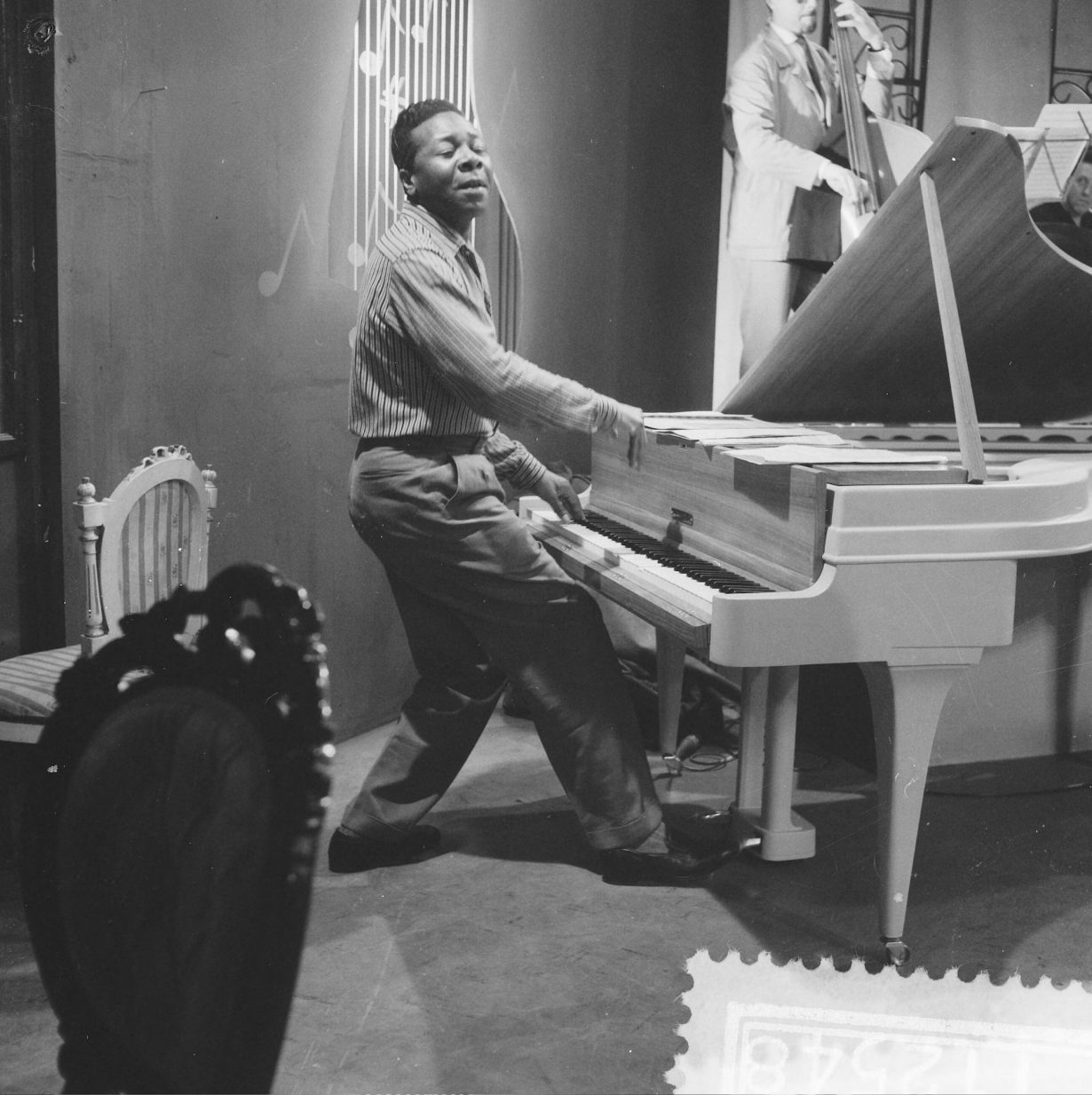Benjamin Tausig’s Bangkok After Dark untangles the threads of musical history and US policy in Southeast Asia

On a Wednesday afternoon in 1976, ageing American jazz musician Maurice Rocco was stabbed to death inside his Bangkok apartment. In a new book, American academic Benjamin Tausig untangles the threads of musical history and US policy in Southeast Asia that strung this queer Black icon along from the pinnacle of stardom towards his demise. Bangkok After Dark is both a biography of the musician and a journey through the Southeast Asian archives of the Vietnam War and the Cold War. Tausig lifts the pianist up as a singular figure who cuts across these contexts to reveal insight into the machinations of the era.
The early chapters narrate the concurrent development of the book’s protagonists, Rocco and Thailand, presaging their eventual collision and intimacy. Tausig follows Rocco from his early life in Ohio, through a career that spanned the late 1930s to the early 50s – one that would see him standing in front of a piano (his signature stunt) for television, film and worldwide concert audiences despite the limitations of American racism and homophobia. Meanwhile, in Thailand, the text scrutinises the special relationship with the United States that blossomed during the same era. Tausig unpacks the neocolonial dynamic constructed as the American government pumped in dollars and infrastructure to surveil and curtail the spread of communism, and establish a military foothold in the region.
Both arcs would close during the mid 1950s. Rocco found himself in the twilight of his career as tastes pivoted towards rock and roll, while tensions in Southeast Asia erupted into the onset of the American War in Vietnam. Tausig meticulously maps the new worlds of possibilities that opened in the wake of these shifts, as American presence in the region skyrocketed, leaving Thailand forever changed and offering Rocco sanctuary in the final decades of his life.
Tausig’s exploration of these burgeoning entanglements cast its spotlight on the realm of nightlife. Rocco found work as a glamorous centrepiece at the famed Bamboo Bar, and newly possible transnational connections transcended the geopolitical to animate people’s lives at an individual level. Tausig dug extensively through archives and interviewed characters at the heart of the sex-work and live-music industries that boomed with the arrival of American GIs. Perhaps most pertinent to Rocco’s story – alongside shifts in the way that queer sexualities were recognised and tolerated – were the ways that prevailing Thai colourism both conspired with and resisted the imported demands of American white supremacy. Tausig’s survey of the paradoxical pitfalls and perks of Black life in these spaces of contact offers a vital blueprint for understanding the globalised dynamics of race still being experienced.
Towards the end of the book, Rocco feels conspicuously absent, like a footnote in the final years of his own life. Tausig confronts this absence, gesturing towards unarchivable truths about marginalised lives. Regardless of the heavy realities that can be presumed from the silences of the archive, there are still nagging questions left unanswered. Did Rocco feel desired? Was he comfortable? Did he feel loved? Tausig is correct not to ‘fetishize total knowledge’. But when confronted with these cold gaps in insight, his conclusion that ‘perhaps that is all we need to know’ rings like a half-truth, as if giving up on the work of empathising with experiences like Rocco’s.
Rocco’s life may have been singular, but as the racialised politics of transnational exchange become more complex, dictated by the terms of ever more aggressive imperialisms, the intimate details of his story are necessary and instructive. To borrow from Tausig, then, perhaps we can read these absences as revelations about future potential in documenting the intimacies, entanglements and journeys parallel to those at the heart of the book.
Bangkok after Dark: Maurice Rocco, Transnational Nightlife, and the Making of Cold War Intimacies by Benjamin Tausig, Duke University Press, $29.95 (softcover)
From the Summer 2025 issue of ArtReview – get your copy.